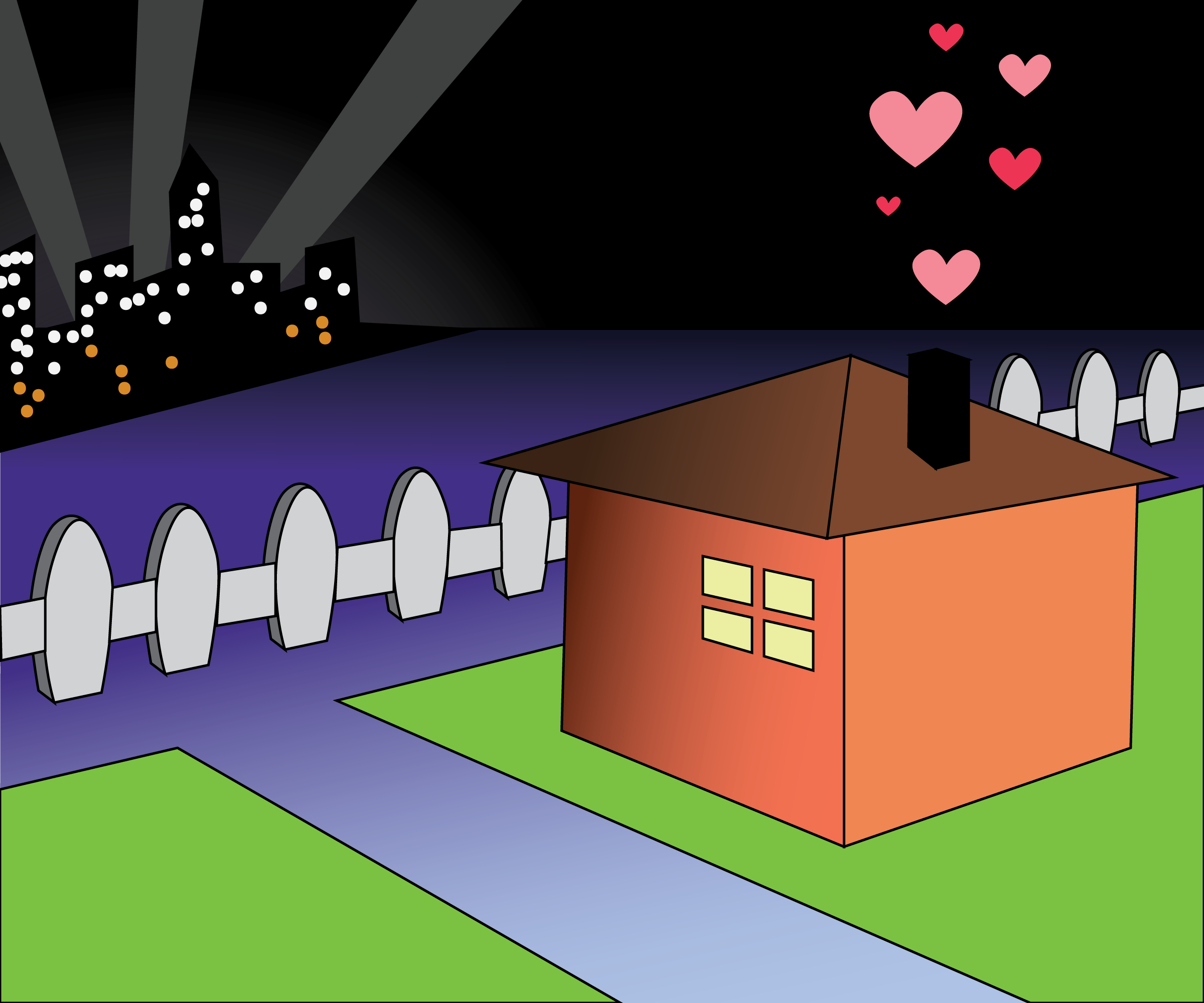One student’s experience with romance and realizing why it begins when you stop partying
It took years for me to realize that it’s possible to be a happy romantic in a hookup culture. And it all started in April 2017, when I made the conscious decision to stop partying.
Throughout my years of partying, I surrounded myself with hookup enthusiasts who constantly told me that my romantic aspirations were juvenile. They warned that I was “too serious” for my own good, and a big part of me believed them. YOLO and FOMO smothered my brain like thick cobwebs. I wanted to experience the euphoric young adulthood talked about in all those hype dance songs, and portrayed in all those badass Hollywood movies. Consequently, I became desperate to emancipate my heart from emotion.
I wanted to go out and dance with cute guys, without caring whether they asked for my name. If they asked for my name, I wanted to answer without hoping they’d ask for my number too. If they asked for my number, I wanted to flirt without expecting the conversation to blossom into something more meaningful. I failed miserably. Every time a cute guy would prove that his interest in me was purely physical, I’d feel a pang of disappointment deep in my belly. Every time a crush flirted with other girls the way he flirted with me, I’d feel a punch of rejection bruise my heart.
Hookup culture was crushing my inner romantic and the desire I had to find someone legit. At the time, however, I didn’t see it that way at all. I resented the pain, and told myself it was proof that I desperately needed to get a handle on my emotions. When I stopped partying though, I was no longer under the influence––not of friends, of alcohol, or of hookup culture. I was able to weed out anxieties and facades that I kept having to live up to while in the skin of a social butterfly.
Without a shadow of a doubt, abandoning nightlife was integral to my confidence as a romantic person. It was step one along a path that, almost two years later, led me to a wellspring of happiness and peace. I do not believe I would’ve been able to access this wellbeing had I continued partying.
We live in a culture that constantly encourages us to believe that we can be anything. And in some ways, that’s inspiring. However, too many millennials are trying to transcend desires that they’d be better off embracing: feelings of wanting more from one person intellectually, emotionally, and romantically. It saddens me to think that I ever villainized my desire for loyalty. I bought into pop culture’s highly manipulative lie, which says that the happiest young people are those who are down for anything, anywhere, with anyone.
If you’re a romantic millennial, I urge you to tread cautiously in environments that propagate hookup culture. These scenes will trick you into believing that you’re your own worst enemy. But in the words of inspirational speaker Alexander Den Heijer, “When a flower doesn’t bloom, you fix the environment in which it grows, not the flower.” If in your heart you are hoping to meet somebody special, the dance floor isn’t so much a place of freedom as it is a vortex that forces you to be something you are not.
To my fellow romantics: I can confidently assure you that none of those parties will go down as the best nights of your life. Conversely, they’re liable to endanger your happiness, and demotivate you from seeking the loyal relationship you deserve. Your person is out there, but they’re not waiting for you in a room that ridicules the real you.
Graphic by Ana Bilokin.
